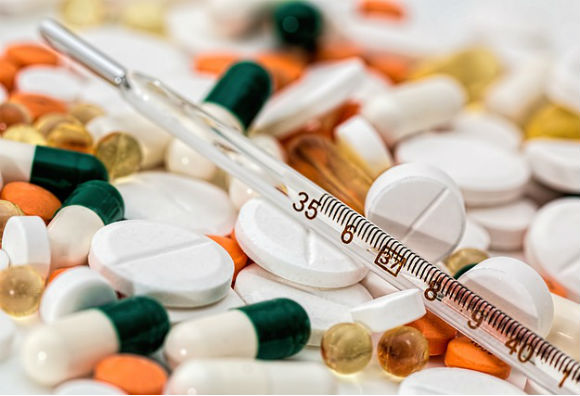Apprenticeships have hit a four-year high in the pharmaceutical industry
- Emma Finamore
- Last updated 21 Jan 2019
A new survey by the Association of the British Pharmaceutical Industry (ABPI) into links between industry and academia shows a significant rise in the number of higher level apprenticeships across the pharmaceutical industry over the past four years.

Global pharmaceutical companies in the UK are turning to apprenticeships to ensure a steady stream of highly-skilled workers and fill skills gaps in key roles. Since 2015, apprenticeships within the industry are up by 31% (from 297 to 388) and up by 169% since 2013.
Apprenticeships are increasingly being viewed as a viable option to a more traditional academic career path and numbers have risen across the board within the life sciences sector; IT (82% rise), engineering (21% rise) and R&D (165% rise). Only the number of manufacturing apprentices has dropped, by 13%.
The survey also found undergraduate placements had increased; 704 undergraduate industrial placements (IPs) were recorded in 2017, an increase of 17% from 2015.The number of undergraduates starting sandwich course (combining study with a work placement), increased by 36% over the last five years.
The University of Bath tops the list for the most undergraduates in IPs (59) for the second survey in a row, with most of the students in R&D. They’re followed by Loughborough University with 31 IPs, with nine in manufacturing.
The ABPI asks companies to submit data about their academic links across their entire business, from undergraduate placements to large-scale collaborative projects which bring together industry, academia, charities and the NHS.
704 undergraduate industrial placements (IPs) were recorded in 2017, an increase of 17% from 2015.The number of undergraduates starting sandwich course (combining study with a work placement), increased by 36% over the last five years.
Andrew Croydon, Head of Education and Academic Liaison, said: “While there has been a steady uptake of apprenticeships year on year which is certainly encouraging, this alone will not bridge the skills gaps within the pharmaceutical industry.
“The growth in IT apprenticeships and undergraduate placements are important and goes some way in filling the skills gap within emerging technologies but if the UK is to retain and grow its world-leading life sciences status, it is crucial to develop a strategic approach in developing a skills pipeline for the entire Life Sciences sector.”
Malcolm Skingle C.B.E, Director of Academic Liaison at GSK and Chair of the ABPI Academic Liaison Expert Network added: “The importance of the Life Sciences sector was highlighted by the Government’s in Industry Strategy, and it is crucial that we fully exploit the inherent potential this sector holds in order to anchor the UK as a global hub of research and innovation.
“Links between industry and academia are fundamental to this goal, and with the upcoming departure of the UK from the European Union, increasing collaboration is imperative to further developing the UK science base as a whole.”
It is expected that this trend within the pharmaceutical industry will continue to increase its apprenticeship base to meet its ambition to reach 20,000 apprenticeships in the science sector by 2020.
News
- A-level Results: Record Numbers Get into University
- The top 10 most employable degrees
- Careers advice in primary schools to be trialled
- Decisions at 18: specialist conference taking place
- Government Support Firms with £25 Million for Training
- Essex Council to Hire Two New In-house Legal Apprentices
- Business volunteers to support half of all schools & colleges as Enterprise Advisers
- The number of school leavers going to uni through clearing could double
- The UK is the only country that uses predicted grades for university admissions
- Parents say their Children are “too clever” to do Apprenticeships